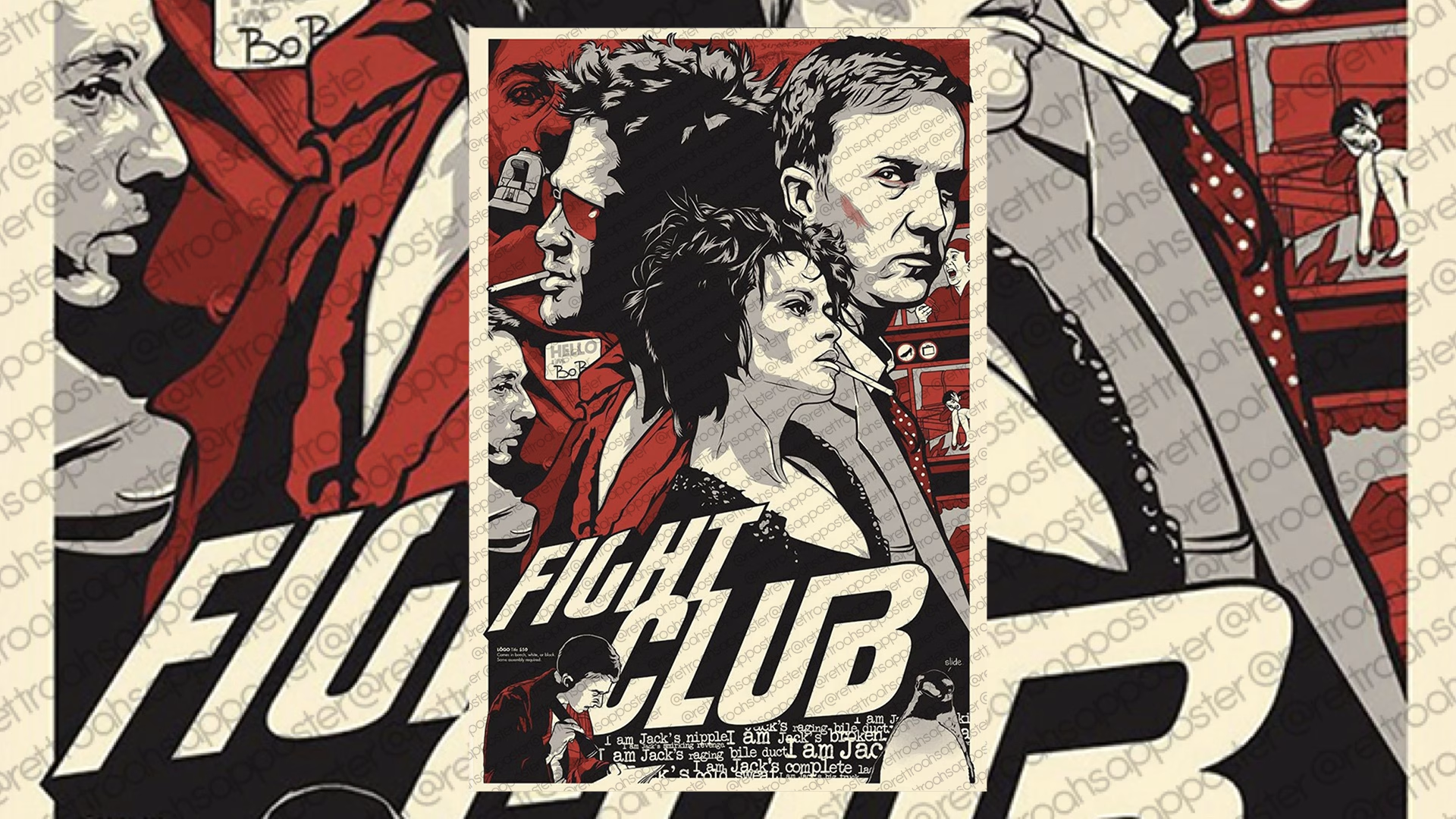What makes a film surpass its source novel? Often, it’s a director’s vision and bold additions to the text. David Fincher’s Fight Club is a prime example. Even years later, this cultural touchstone almost had a far less biting edge in its initial script draft. Did you know the iconic, sardonic voice-over nearly didn’t make it into the film?
When Fincher read the first adaptation of Chuck Palahniuk’s novel by screenwriter Jim Uhls, he was blunt: “This is sad and pathetic. It’s just gloom and the awfulness of people. Where’s the part where the narrator talks about what he’s thinking?” When Uhls called the voice-over a “crutch,” Fincher pushed back, saying, “No, man, that’s our only shot at being sardonic and satirical.” Thankfully, Fincher’s instinct transformed the film from a grim, depressing tale into a razor-sharp comedy and social critique.
The film’s narrator, a disillusioned insurance worker, became more than a storyteller. His inner voice offered not just a recounting of events but a piercing commentary on modern alienation and consumerist frenzy. Unfortunately, many viewers missed the film’s critical edge, mistaking Tyler Durden for its hero. Yet Fincher’s addition of the voice-over revealed that Fight Club used this dangerous ideology as a tool for humor and satire. This single creative choice elevated the film from a mere action flick to one of cinema’s smartest and most discussed works.
Sometimes, it’s the small, bold decisions that lend a work of art its incredible depth. Fincher’s insistence on the voice-over is precisely why Fight Club became a masterpiece.














